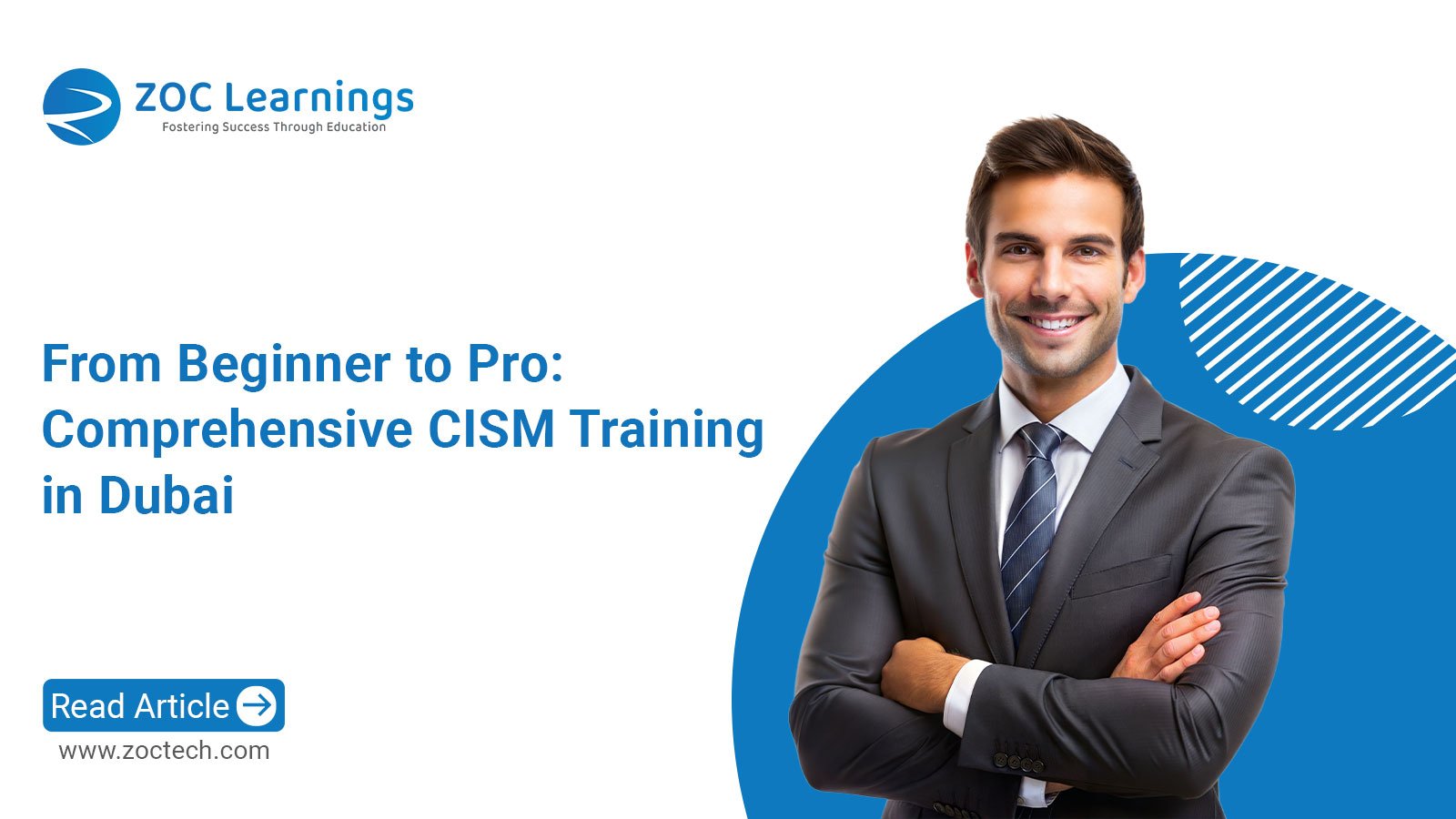Three Ways to Prepare For Your PMP Exam
So, you’ve started the Project Management Professional (PMP) application process and are preparing to take the PMP Exam. Great career move! The PMP Certificate is a highly sought after career demarcations in both prosperous and challenging economic times. It is the recognition of “demonstrated knowledge and skill in leading and directing project teams and in delivering project results within the constraints of schedule, plan and resources.” (Project Management Institute) Each candidate submits past project management history in an application process, and then must pass a 4 hour / 200-question PMP exam.
Aside from the fact that you’ll need to attend 35 contact hours to sit for the exam, studying for the PMP exam itself is a project unto itself. Just like most certification exams, you have three basic ways of preparing for the exam: classroom-training, online courses and self study. But don’t feel limited to just one. Many people who have passed the exam have used a combination of these.
Option 1:Classroom Based Training requires the least amount of self discipline and comes in a variety of flavors. Your local Project Management Institute (PMI) chapters and PMI “Registered Education Providers” (REPs) offer workshops, boot camps and classes specifically designed to teach not only what you must know, but how you will be asked to demonstrate it. Make sure your trainer is a PMP; taking the exam is an experience unto itself, and you want to know that your instructor has “been there/done that.” Classroom Based Training can account for all or part of your 35 contact hours required to sit for the PMP exam.
Option 2:Online courses are great for people on the go and are usually less expensive than classroom-training because of the course provider’s lower overhead. They are usually much cheaper than instructor lead classroom courses. This option requires a medium amount of self discipline in that you have the flexibility of studying within your schedule. Online course usually offer a combination of webinars that you watch, web pages that you read, and documents/pdf sample test that you download or you print to study.
Some have deadlines, and some do not, so though you have the freedom to complete sections on your own you’ll need a medium amount of self discipline to insure that you finish within the time allowed by you or the requirements of the course itself. Like the Classroom Based Training, online courses can account for all or part of your thirty-five (35) contact hours required to sit for the PMP exam. If this is important in your plan, be sure to confirm before you sign on the dotted line.
Option 3:Self Study is the least expensive and therefore the most common way that people study for the PMP Exam and requires the most self discipline. The good things about this method are that you’ll save money and you to prepare on your own time. That also means you’ll need to be motivated.
The biggest road blocks you’ll face using this method is that you’ll have to create your own lesson plan and schedule, and you’ll have to evaluate and buy your own materials. If you’re dedicated and focused, this is a great way to prepare. Furthermore, self-study cannot be counted towards the 35 contact hour requirement. You must use classroom or online training for that.
Regardless of which method you choose, most successful people who pass the PMP exam supplement self-study preparation with at least a classroom and/or an online course. With the introduction of portable media players such as the iPod, iPhone, Blackberry and Zune, many choose a combination of online training and self-study: Downloadable videocast and/or podcast courses allowing you to take the material with you and study anywhere and anytime. It’s a very powerful, cost effective, time saving and goal oriented solution.
About the author: Cornelius Fichtner, PMP is a noted PMP expert. He has helped over 10,000 students prepare for the PMP Exam with The Project Management PrepCast at http://www.pm-prepcast.com and he guides PMI credential holders on earning PDUs with The PDU Insider at http://www.pdu-insider.com.
PMP® Exam Tip: Manage The Time During Your PMP® Exam
One important suggestion I have for those taking the Project Management Professional (PMP)® Exam is that to manage the time allotted to answer each question on the exam. Call it budgeting, call it time management, call it whatever you want; but do it! You need to walk into the examination room with a clear plan on how many questions you will answer per hour, when you plan on taking a break, and what you will do if time seems to be running out.
Remember that the exam is composed of 200 questions that you must answer within 4 hours. That’s 1.2 minutes per question. Once you begin, the clock starts and will not stop even when you take a break. So plan your approach – say for the first 2 hours, answer all easy questions first and mark those difficult ones for later. Be sure to read all the questions carefully and understand them before you answer. Then take a 10 minute break before going back to the harder questions for the rest of the allotted time. By doing this you will be able to finish the whole exam on time.
But that’s just one of many possible approaches and you should define your own. And by having a plan and implementing it you will relieve a lot of the exam pressure. So plan well, and budget your time wisely to succeed.










